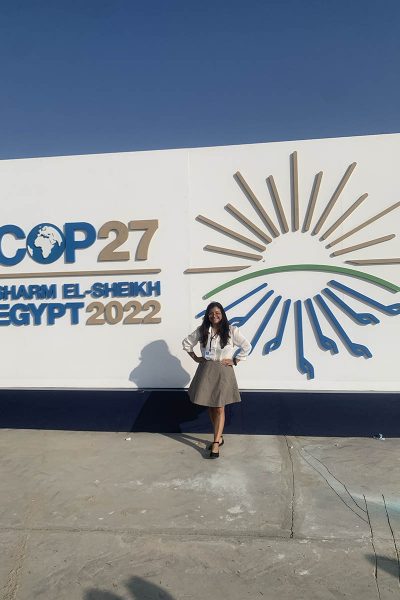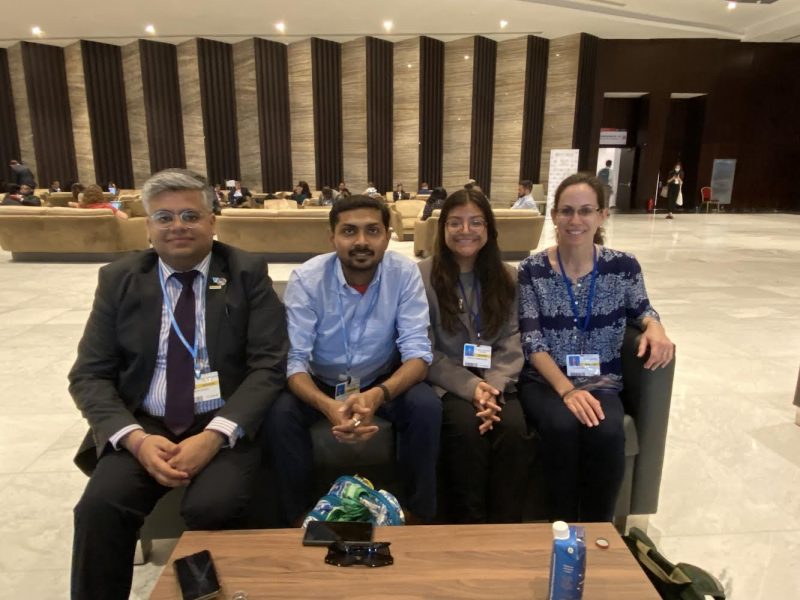
Once at the conference, I most look forward to attending and listening in on indigenous perspectives on climate policy and action. Learning from these perspectives and ideas is important because they carry generations of knowledge that have historically been ignored by global leaders. So we should start to consider their valuable input.
I want to attend the conference because climate change is a topic that weighs heavily on my interests and research. By attending I can learn more about the delegations, policies, conversations, and science involved in the topic. I hope that by being an active participant in these matters I can become better educated and hopefully do more to influence my peers/generation about the pressing nature of climate change.

Since I am attending week 2 of COP27 I will be acting as the social media liaison for Michigan Tech as well as acting as a moderator for a capacity hub event that aligned with my previously stated interests. As part of my social media responsibility, I will be posting highlights of the conference on MTU’s Snapchat, recording my journey to Sharm El Sheikh, as well as interviewing students about their experiences at the conference. The panel I helped moderate invited four speakers from diverse backgrounds to come together to speak on how to utilize local/indigenous knowledge to help inform climate science. Using their expertise, recommendations, and ways of living we can influence and utilize generations of knowledge that have long been ignored by policymakers.
This post was written by Kathy Huerta Sanchez, who is attending COP 27 as part of a delegation led by Sarah Green and the Youth Environmental Alliance in Higher Education (YEAH) Network. YEAH is a transdisciplinary, multi-institutional network that equips students with real-world experience of collaborative, evidence-based approaches to global environmental sustainability. Zach is among more than 35,000 attendees at the 27th Conference of the Parties to the United Nations Framework Convention on Climate Change (UNFCCC COP27). The annual summit is the largest climate-change-focused event in the world. He is an Environmental & Energy Policy graduate student at Michigan Technological University.
